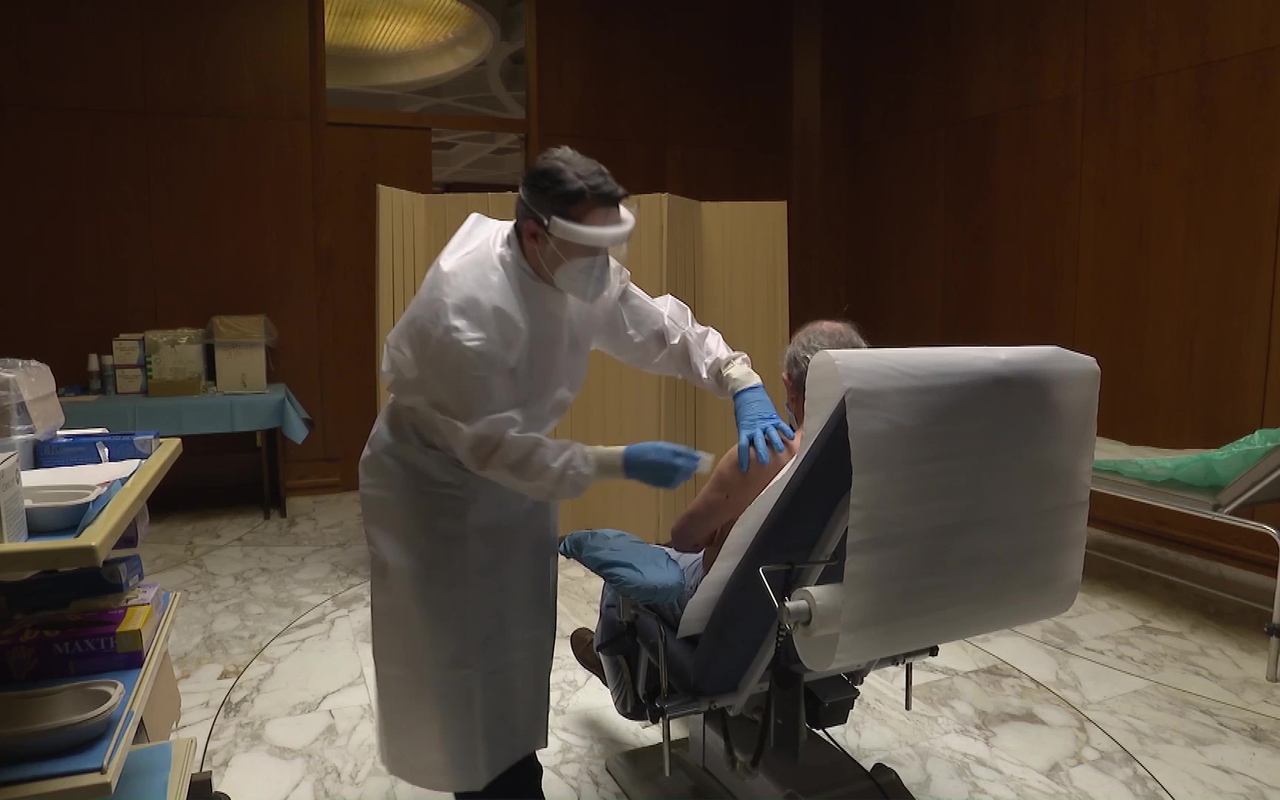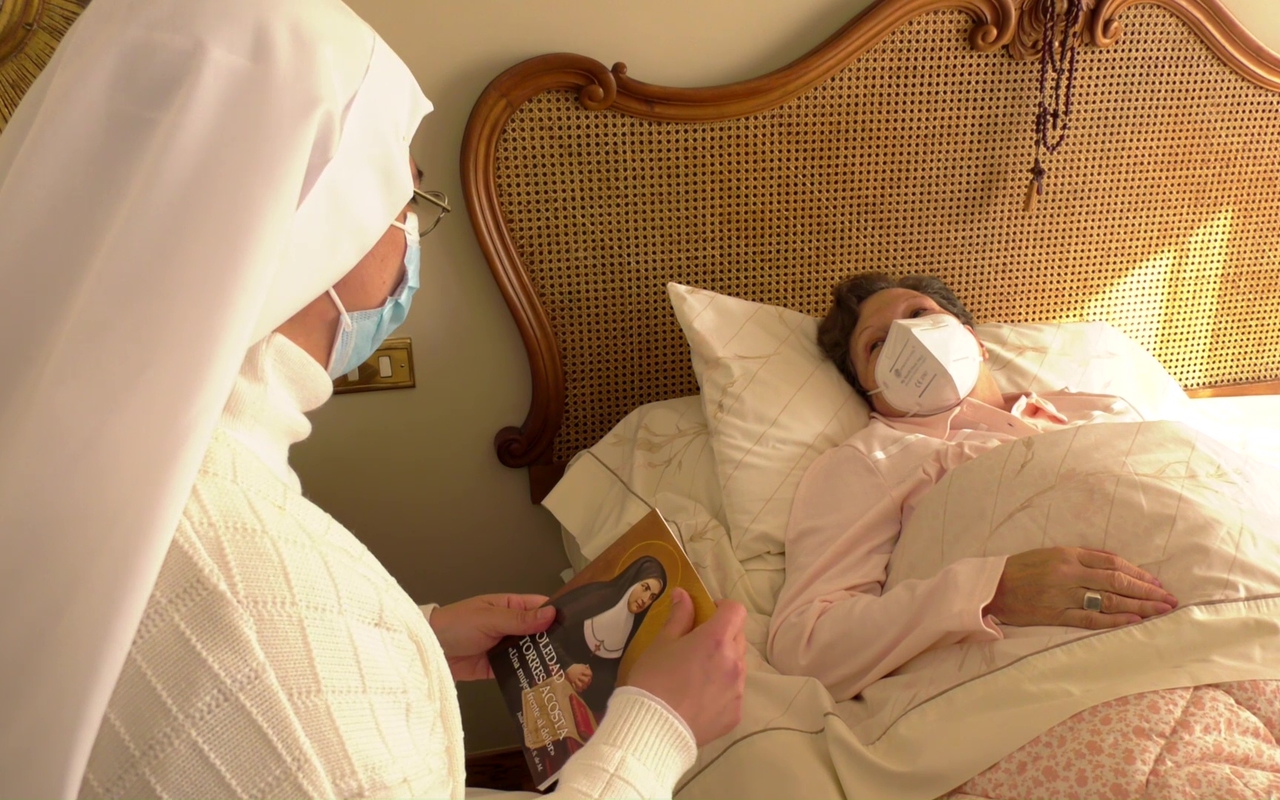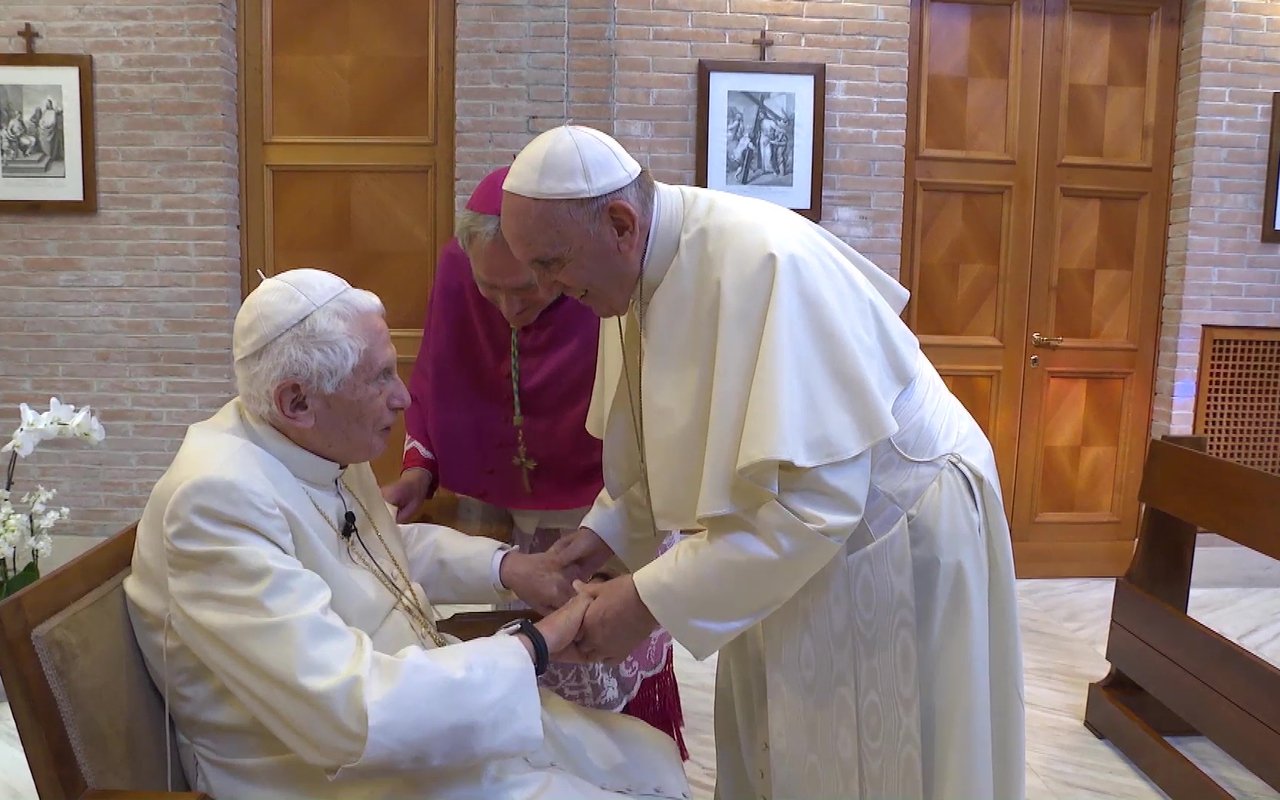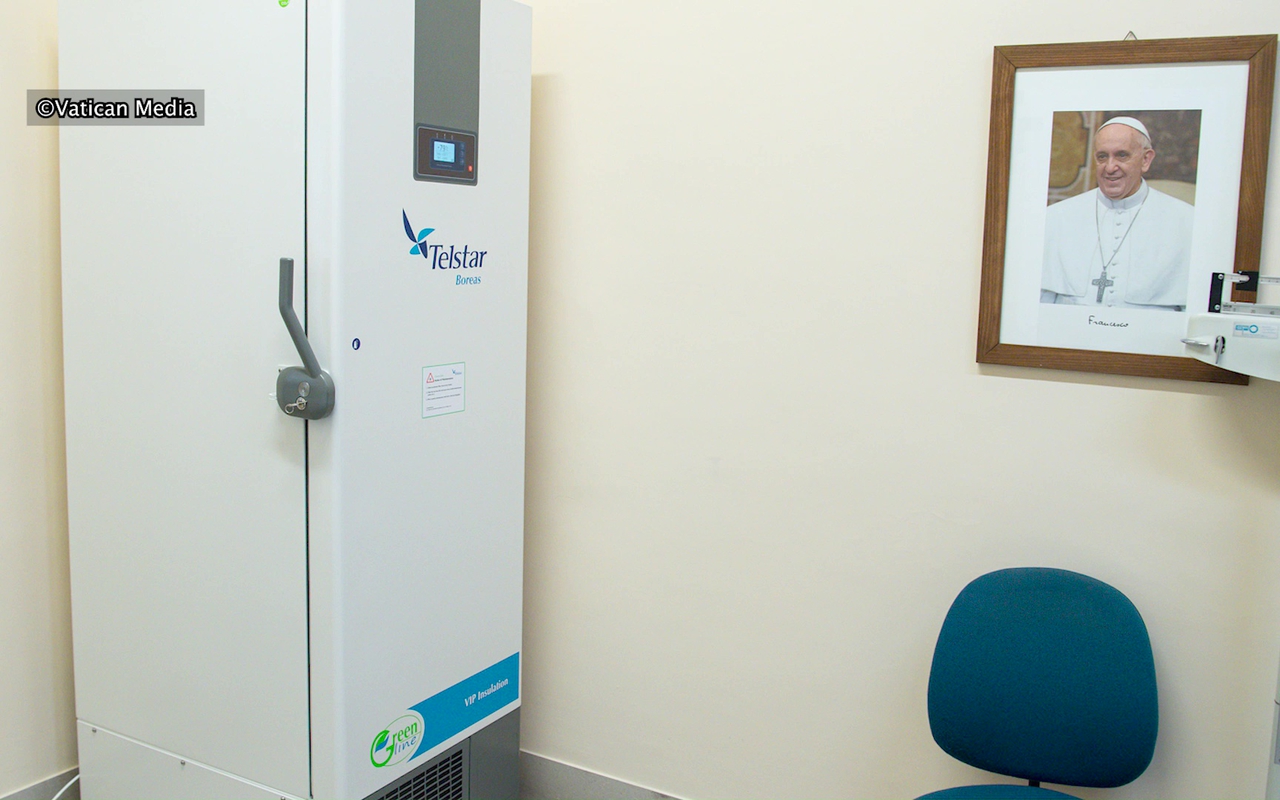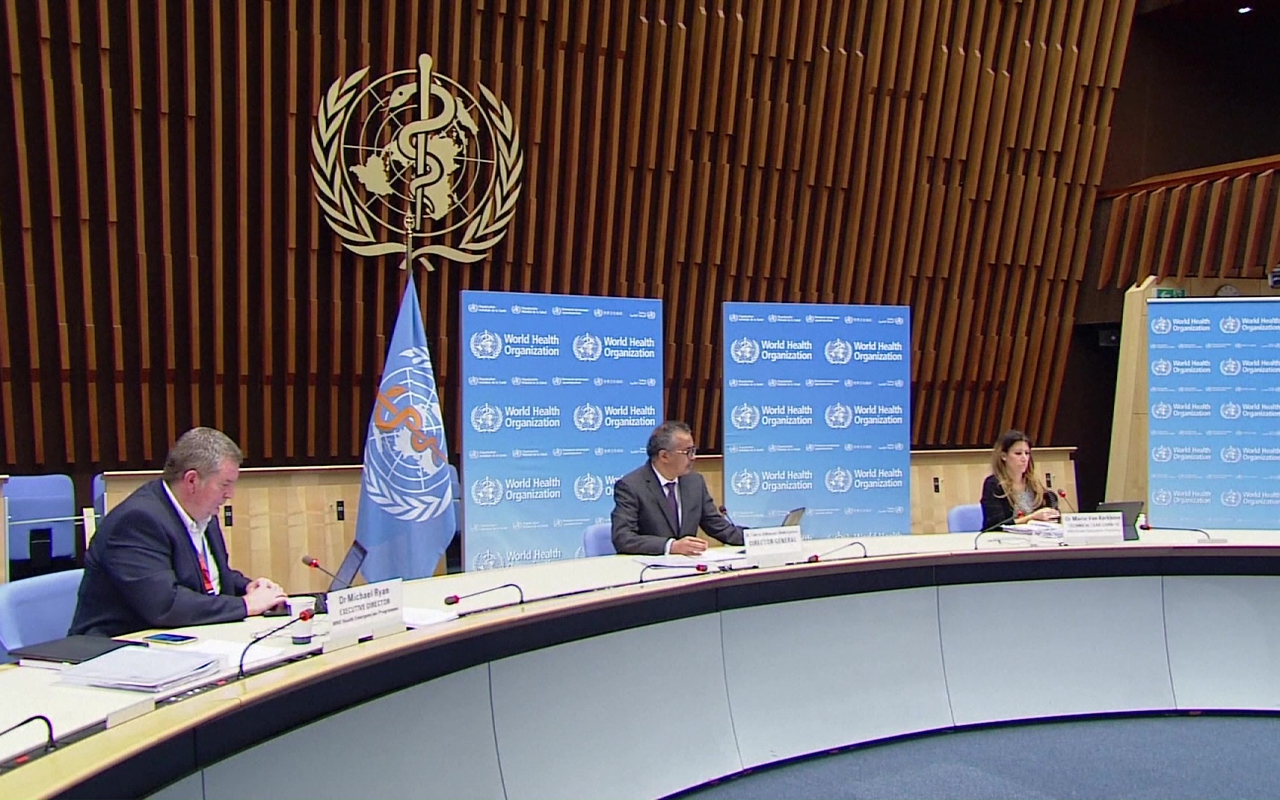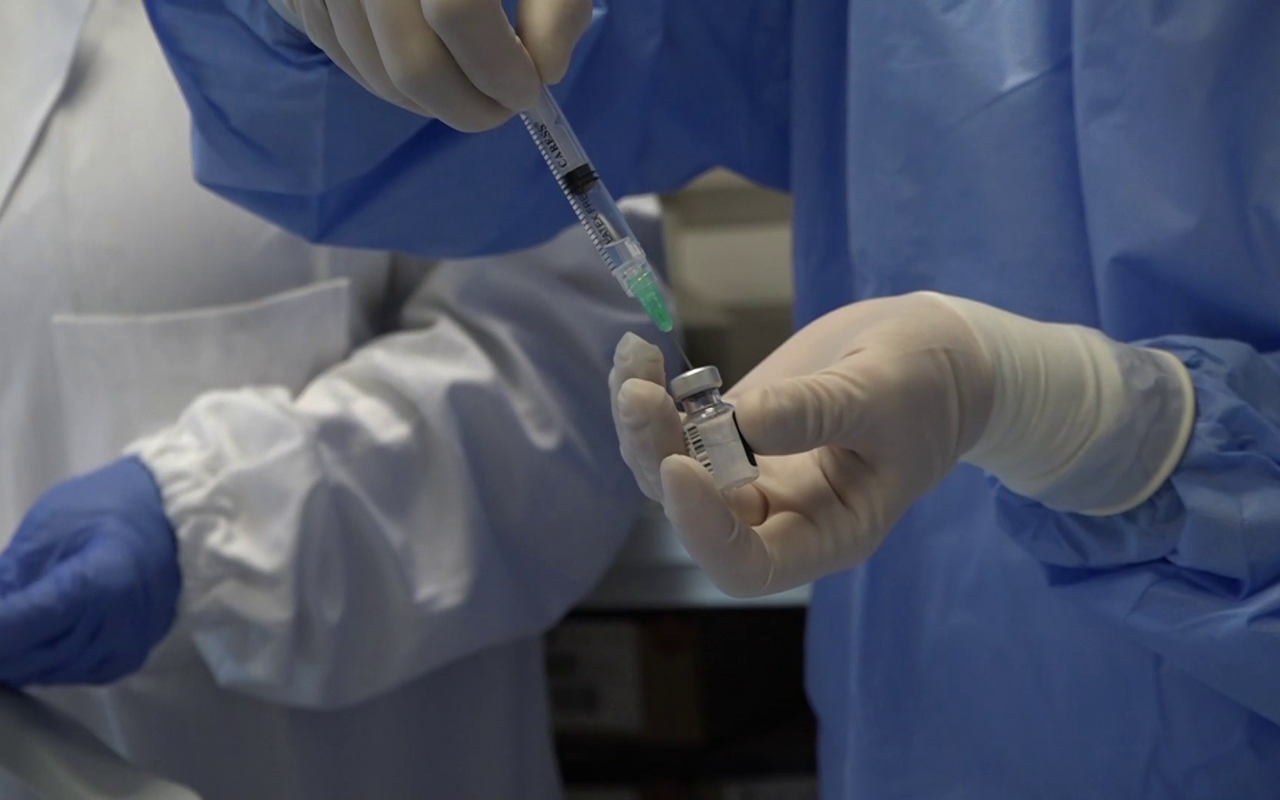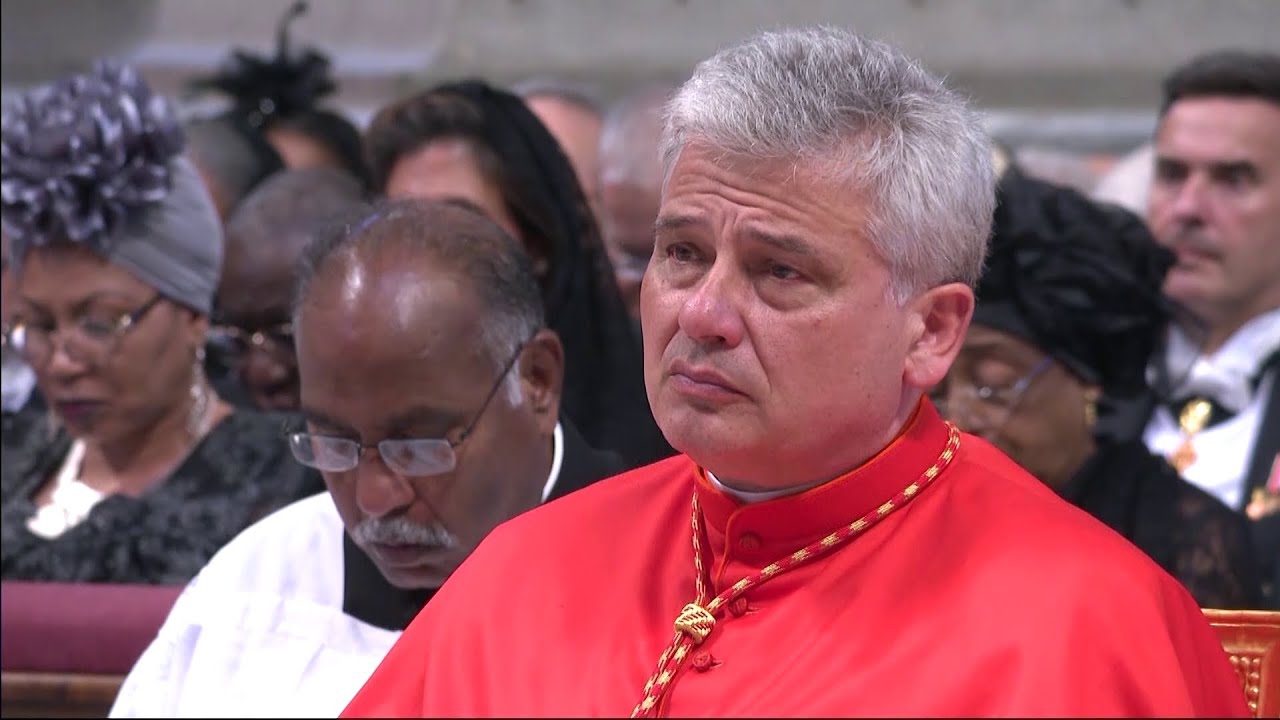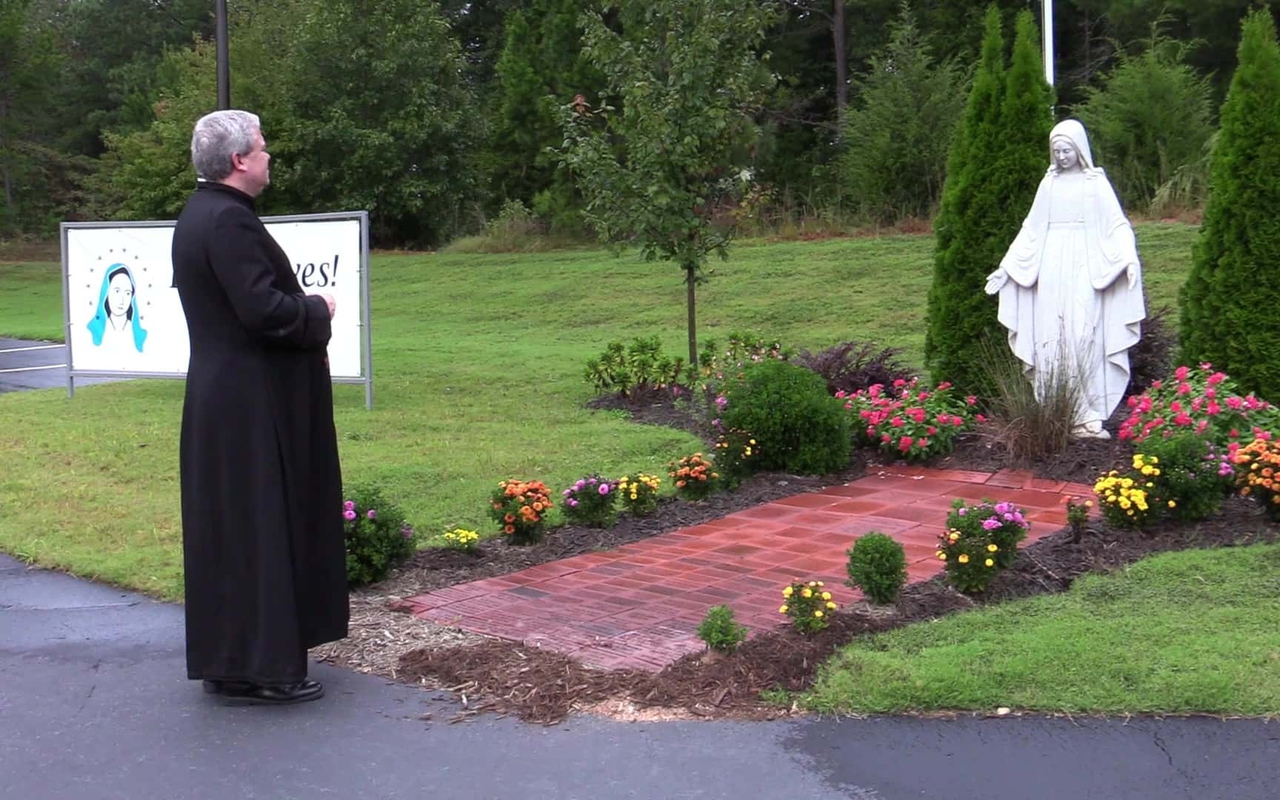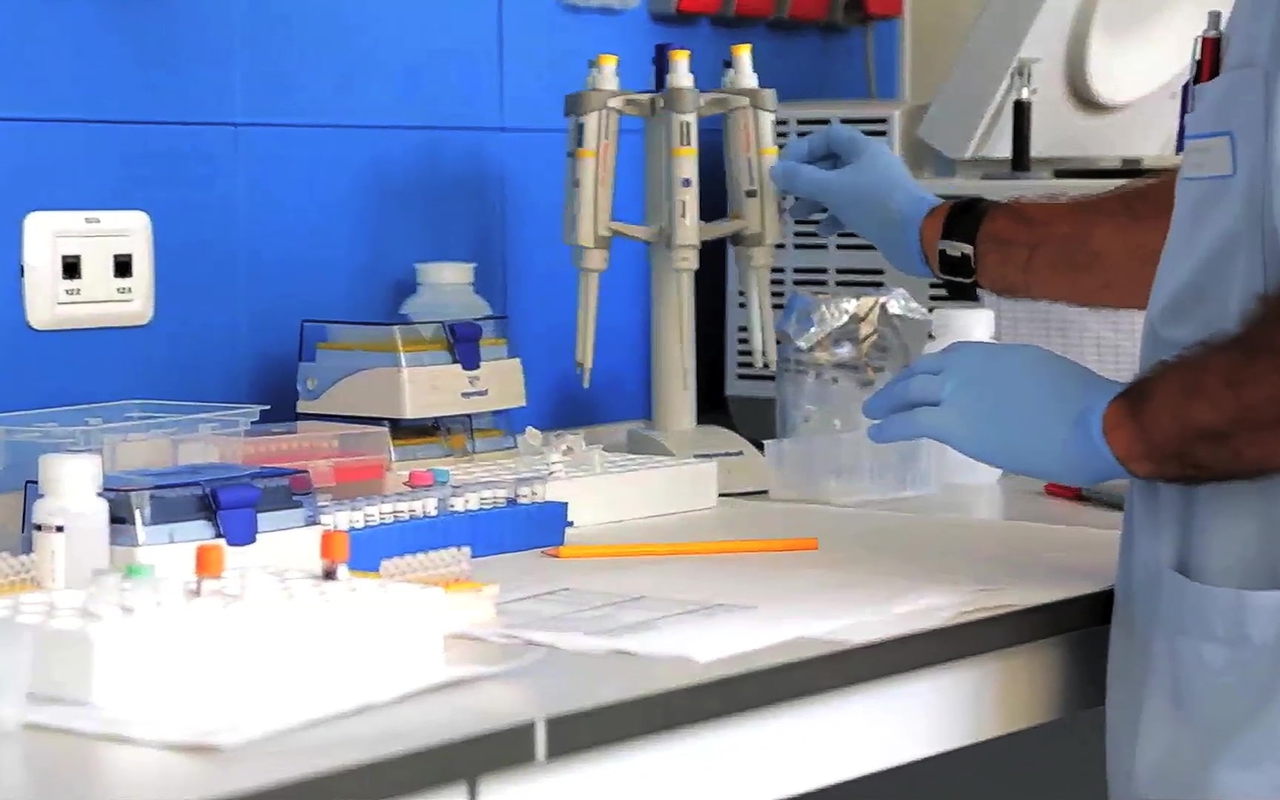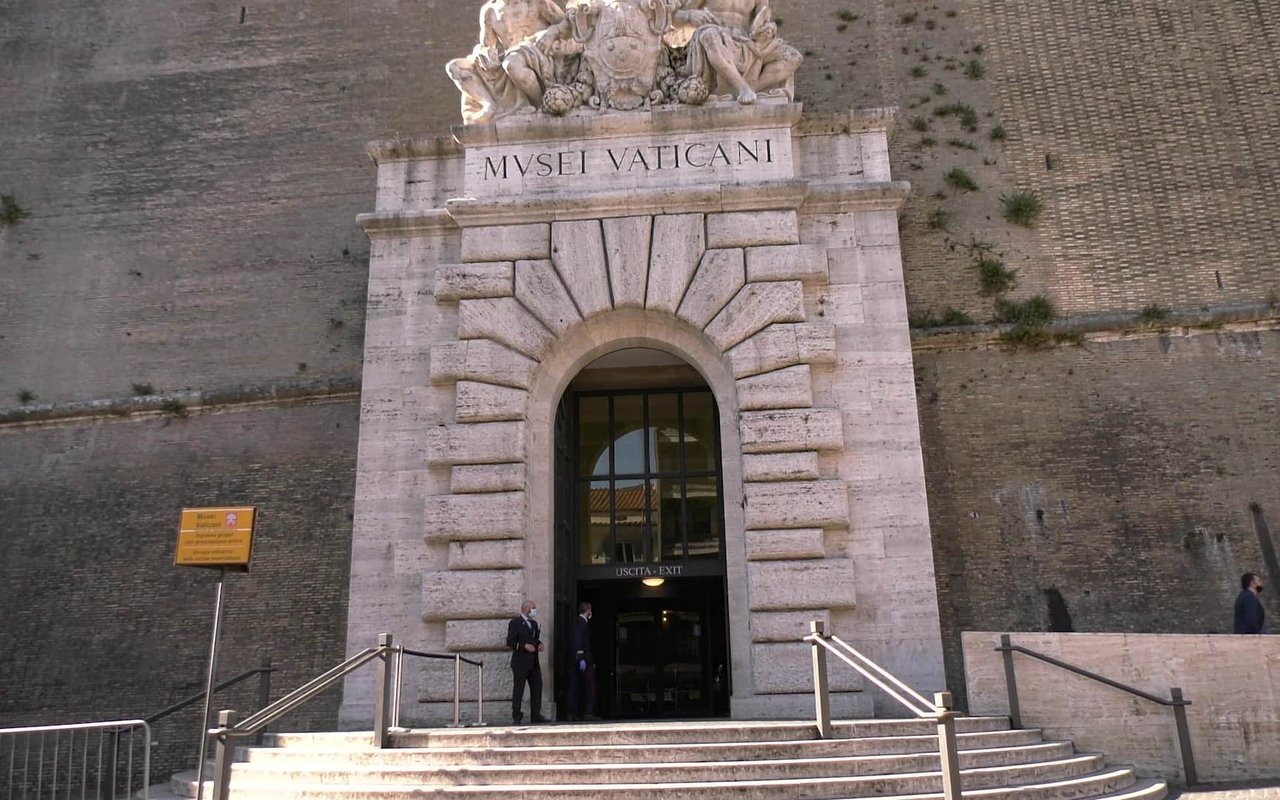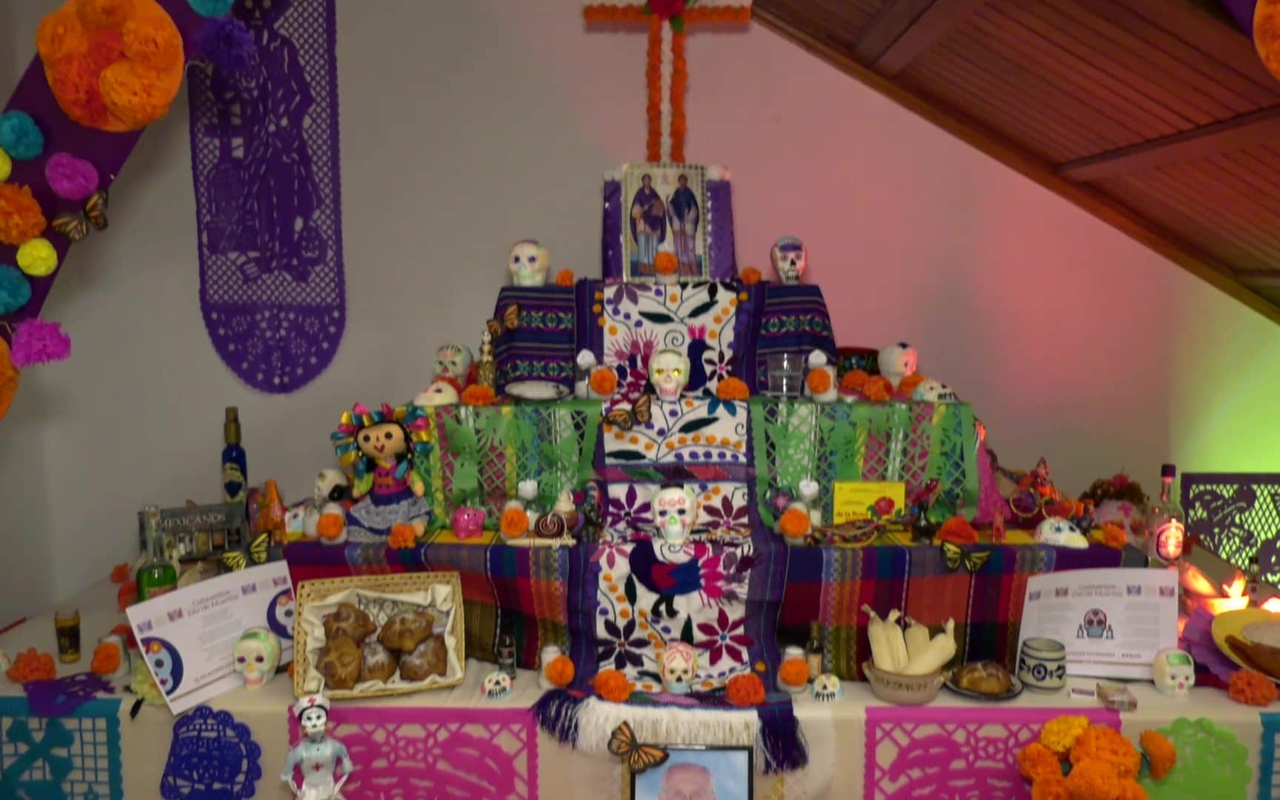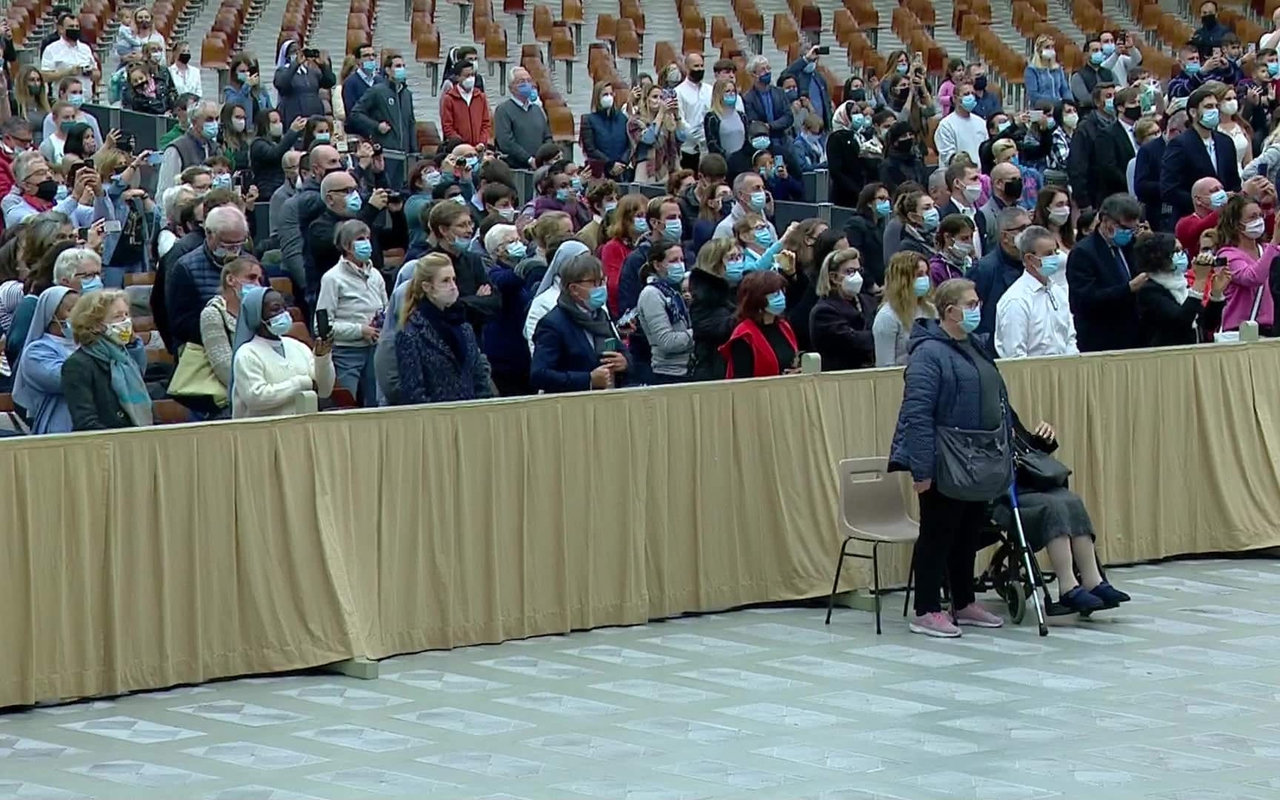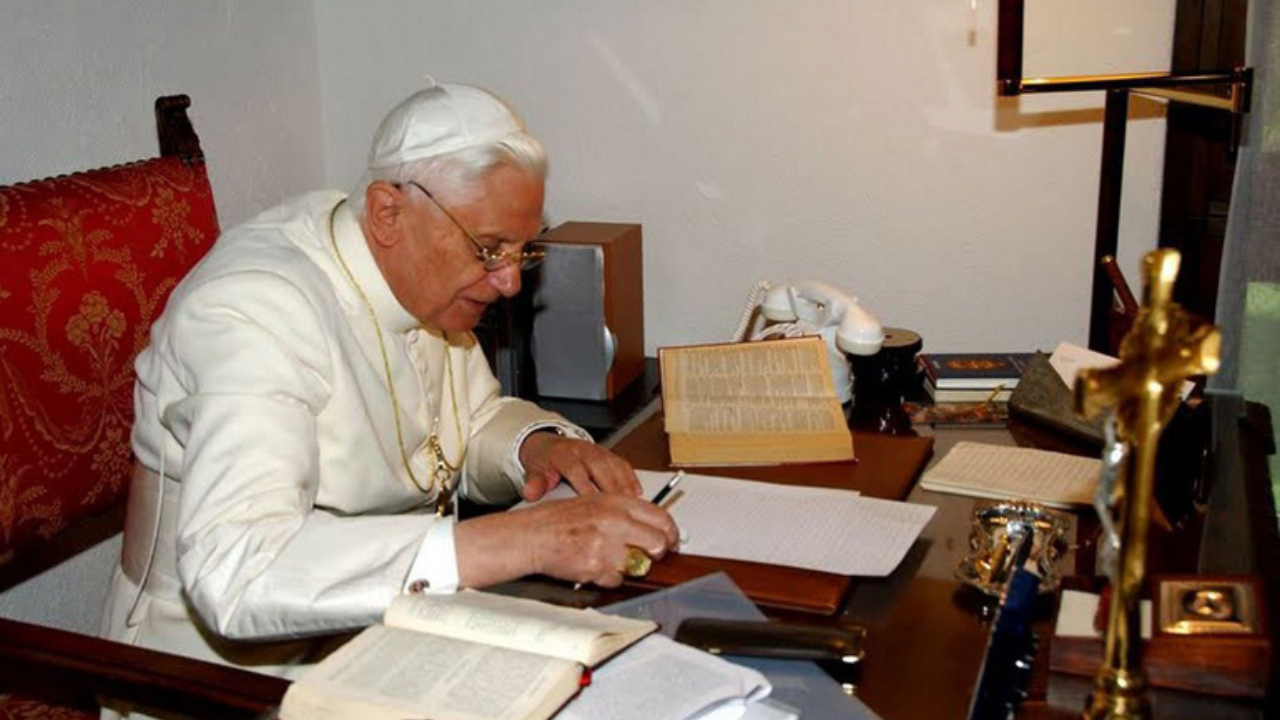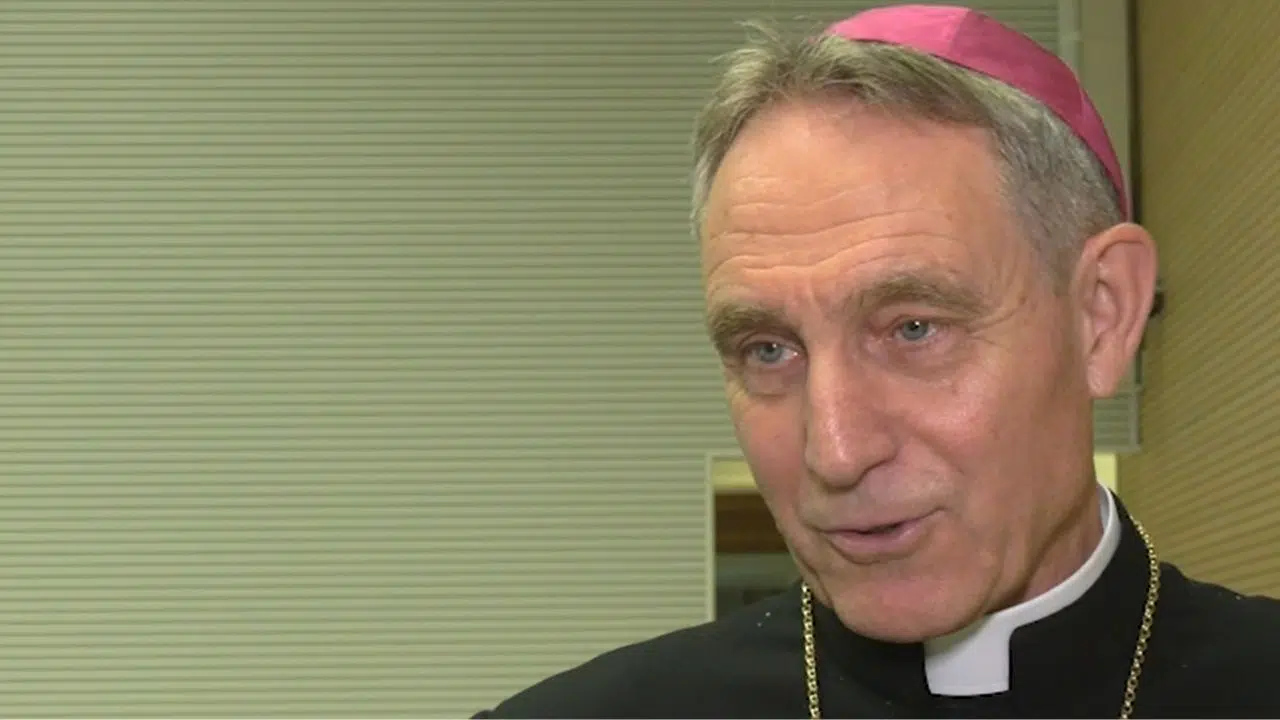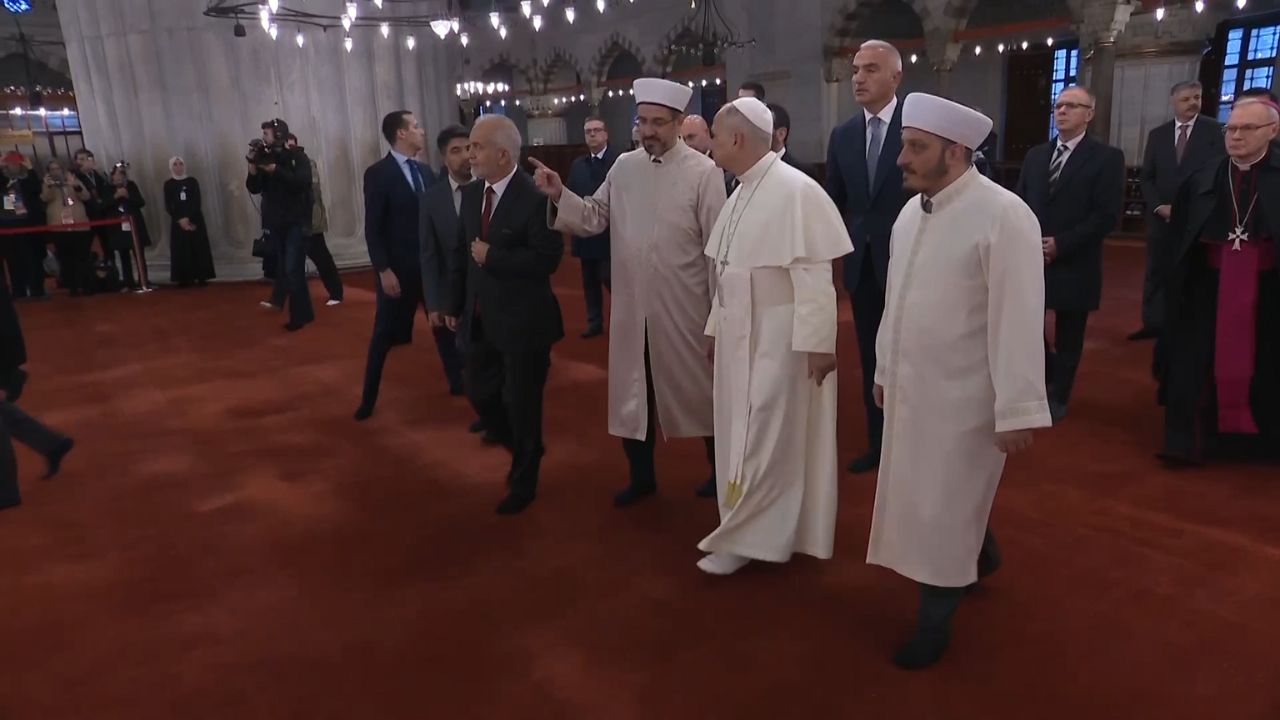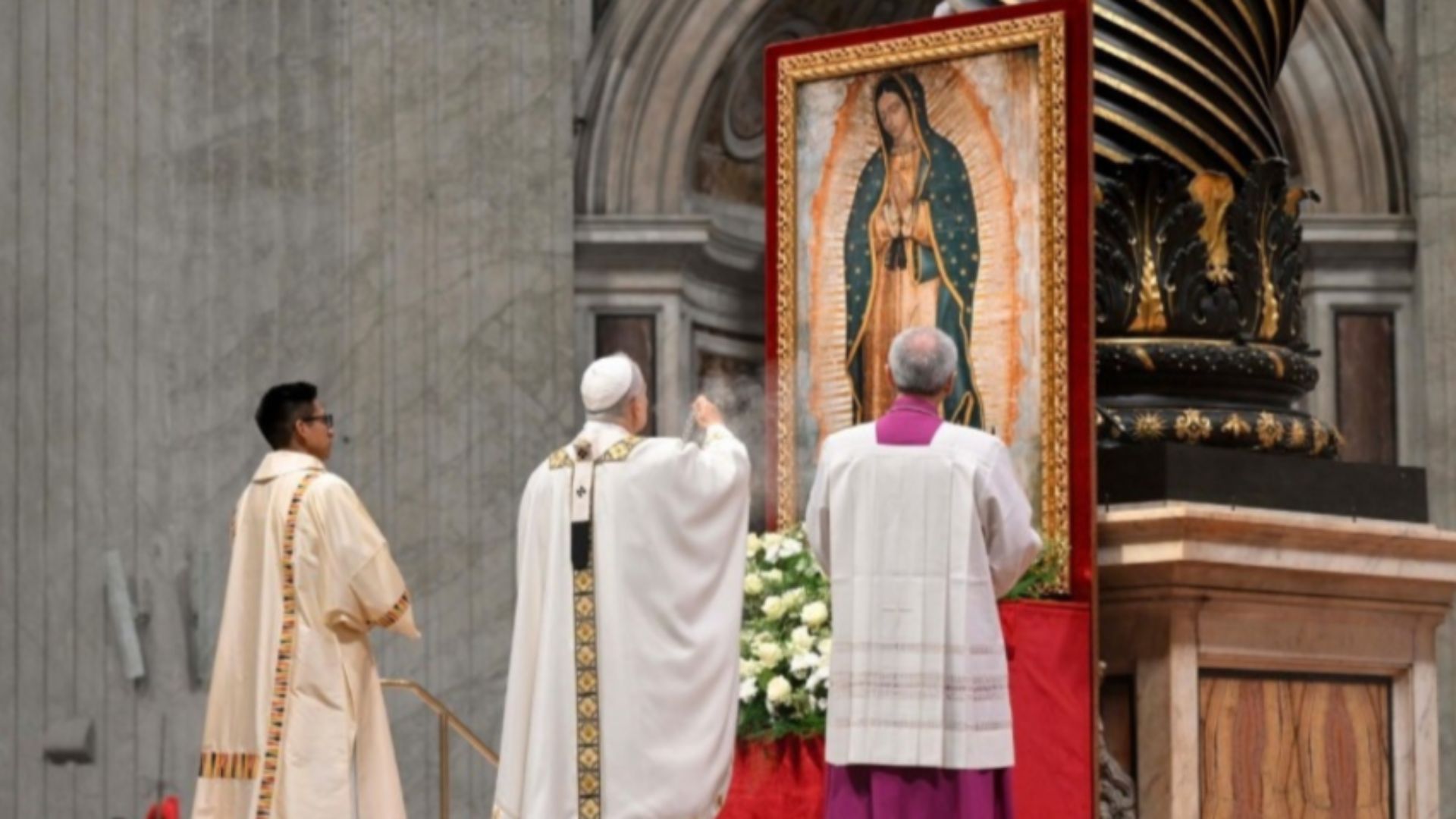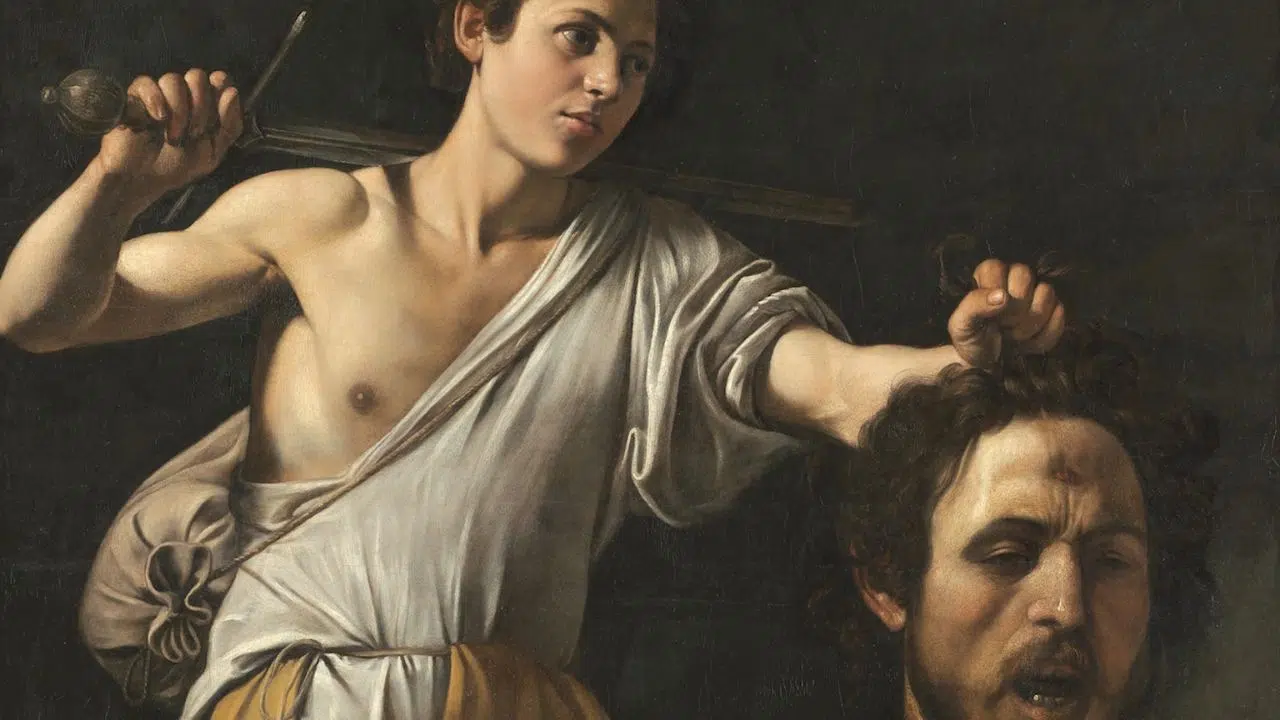Making the vaccine accessible to low-income countries is not impossible. That's one of the key points of this seminar organized by the Pontifical University of the Holy Cross in Rome.
Among those in attendance was Amparo Alonso from Caritas Internationalis. She lamented that one of the obstacles to vaccine distribution is simply political: that of giving up intellectual property rights on the vaccine in order to allow more countries to produce it.
Not everyone seems willing to do so, though there is an exception in the law that allows giving rights to everyone.
AMPARO ALONSO
Caritas Internationalis
“There is an exception that can be called upon in humanitarian cases. But there is a political barrier at the moment between two groups of countries: one in favor and another against. And we as the Church, as Caritas Internationalis, understand the importance of this decision regarding intellectual property rights, to allow countries capable of producing vaccines locally to do so.”
Amparo Alonso explains that this would be an ideal complement to programs like the UN's COVAX initiative, which in its first six months distributed 240 million doses in 139 countries.
Once the political obstacle is overcome, it's time to address the internal corruption in low-income countries. Then comes the moment to understand how things work in these countries to avoid errors like this one.
POPE FRANCIS
I don't know whether to laugh or cry. Sometimes cry, when we hear government or community leaders advise inhabitants of shantytowns to wash their hands several times a day with water and soap. But dear friend, you have never been in a shantytown. There is no water there, the people don't have soap. “Don't leave the house.” But there the house is the neighborhood because they live... Please, let us take these realities into account.
Linda Corbi, from the NGO, Harambee, has a lot of experience in Africa. She says that in Africa, Covid-19 is not the only illness, which is why restrictions were not very popular among the people. Forcing shops and restaurants to close, in many cases meant that people risked starving to death. That's why she says the pandemic in some African countries must be used to improve their entire health system.
LINDA CORBI
Harambee Africa Onlus
“Covid is one of the problems they have, but it's not the only one. That's why this could be an opportunity to work together to improve health conditions in Africa. In other words, to look at the bigger picture and not focus only on Covid.”
The final challenge would be the local mindset. Linda Corbi explains that local organizations trusted by the people are crucial to convincing communities to get vaccinated.
An example of this is what SOMOS Community Care did with Hispanic communities in the United States. Their success is due to staff and volunteers' understanding of these communities' daily experiences.
RAMÓN TALLAJ
President, SOMOS Community Care
“We went to nearly all the subways in New York, where people have to go to get to work, to make it easier for people. We also decided to administer vaccines at night because many essential workers like Hispanics can't get their family members to the vaccination centers because of their work hours. So when we opened at night, it became very easy for many more people in wheelchairs, because their family members could bring them after work.”
They also came up with strategies to reach young people. By understanding and appealing to what they liked, the SOMOS team was able to vaccinate many of the youth.
RAMÓN TALLAJ
President, SOMOS Community Care
“We teamed up with 'The Avengers,' 'Marvel.' We made a collection of 20,000 pieces of a comic that you could only get if you were vaccinated. And in less than one week, 7,000 young people came to get vaccinated because they wanted the comic.”
Urging the international community to make the vaccine accessible to low-income countries has been a top priority for Pope Francis for the past year.
